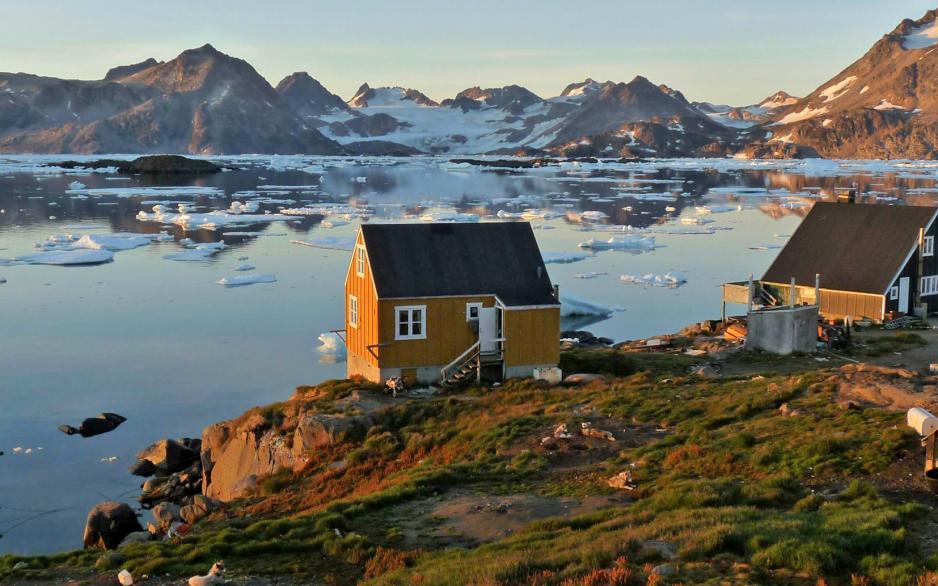Newsletter: Attacks on Ships in the Middle East May Mean Increased Traffic Along the Northern Sea Route

While Greenland is not amongst the key issues on the agenda in the ongoing Danish government formation talks, Greenlanders have voiced a desire for a dedicated Arctic minister in the Danish government. (Photo: Roderick Eime/Flickr.com)
The Middle East is blowing up once again, this time in the form of direct attacks on international tankers. That might lead to increased interest in the Northern Sea Route. Increasing oil prices also lead to increased profits. Donald Trump’s foreign policy may have gone wrong – again.
There are very divergent predictions about the future of the Northern Sea Route, spanning from the very optimistic ones to those that completely reject the NSR as an alternative to shipping through the Suez canal. Calculations, in particular about travel times and fuel expenses, speak in favor of the Northern Sea Route when goods are to be shipped from the East to the West.
Heavy investments
Sceptics counter these calculations with arguments about insecure ice conditions, lacking preparedness and the short sailing season.
Heavy investments from international shipping companies, not to mention China’s expansive ambitions along the NSR, pull in the opposite direction.
In addition to the potential profits, one of the arguments for investing in the Northern Sea Route has been more about security policy. This is where recent days’ attacks on shipping in the Middle East may play a role. If the attacks on international shipping continue, both shipowners, suppliers, traders and not to mention insurance companies will have to consider options to the current sailing patterns.
China and Russia
If traffic along the NSR were to increase, China along with Russia will be at the wheel steering international trade. That is quite contrary to Donald Trump’s ambitions about limiting the international influence of the two countries, and goes to demonstrate how shortsighted much of the American foreign policy is these days. The Pentagon points to both China and Russia as possible threats in a "strategic race" in the Arctic, yet they are two very different actors in the Arctic due to the nature of their Arctic strategies. Nonetheless, they have one point in common: These two great powers have both already implemented their military strategies in the Arctic - unlike the West.
The Chinese shipping company COSCO already has plans ready to send a record high number of ships on voyages along the Northern Sea Route this year. And Danish Maersk expands its ambitions to also include cooperation with Russian Atomflot for deliveries to Russian ports too, not just by-passing them on their traversing the NSR.
County governor accused
On the far opposite end of the political reality, we regularly report on how vulnerable children can be in parts of the Arctic. An ongoing trial in Troms county, Norway goes to show that abuse can take any number of forms. Former county governor Svein Ludviksen is accused of having abused his office to acquire sexual intercourse with young asylum seekers. Ludviksen denies any culpability and until the third day of the trial he also denied having had sexual intercourse with the plaintiffs. He no longer does.
It is now up to the court to decide the question of guilt for a man who has handed out citizenship documents to refugees while also sharing bed with them.
Greenland and Denmark
In relation to the Danish elections, Greenlanders have voiced their desire to have an Arctic minister in the government. In the ongoing government negotiations, Greenland’s Aaja Chemnitz Larsen from the Inuit Ataqatigiit party, has demanded that a relief fund be set up for children on Greenland who are victims of abuse. – Abuse takes lives, it drives people to abuse and suicide, Aaja Chemnitz says to Danish news agency Ritzau.
Our children are to shape the future Arctic. It is our responsibility to equip them for that task.
Enjoy your weekend!
Arne O. Holm
Editor-in-Chief, High North News

